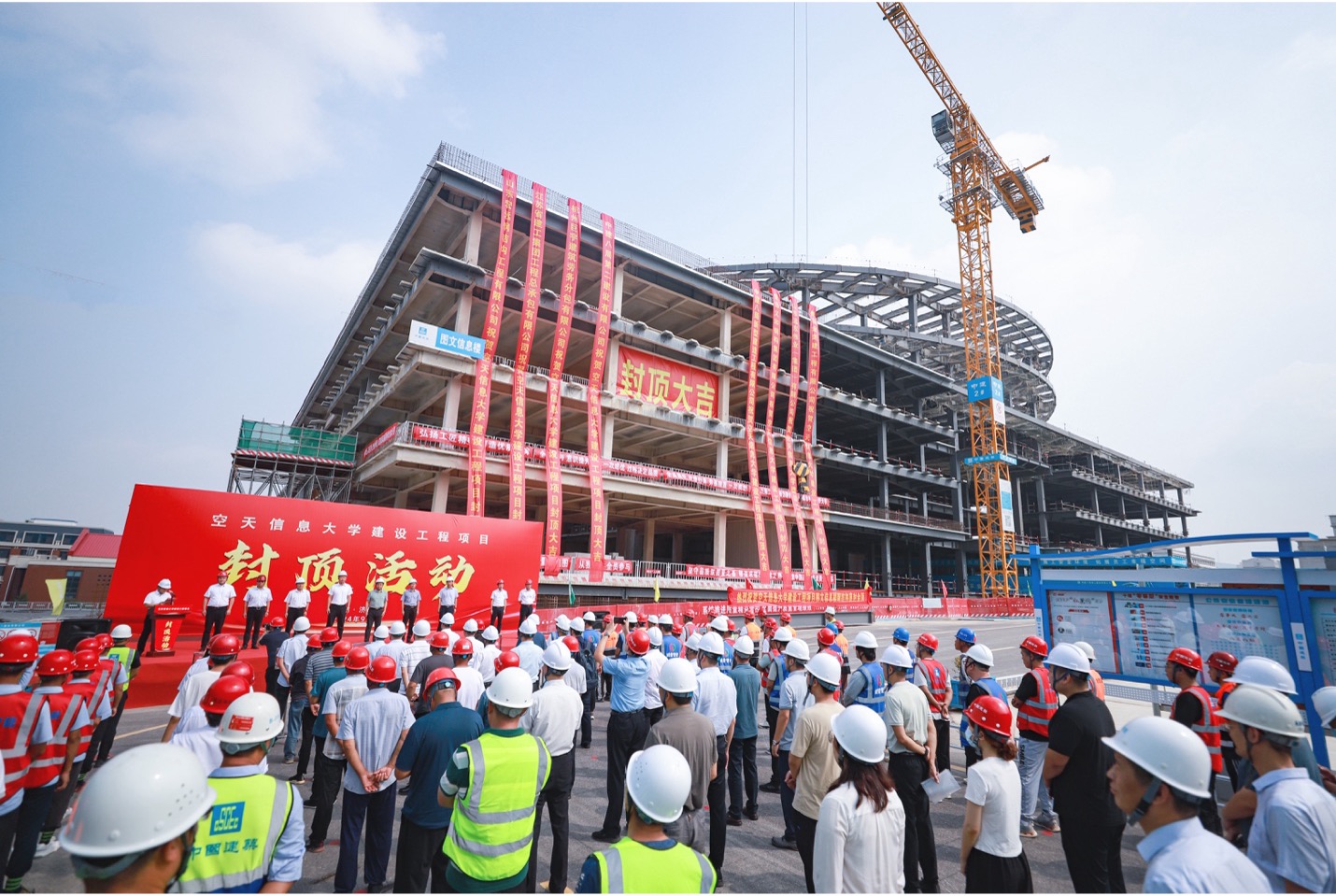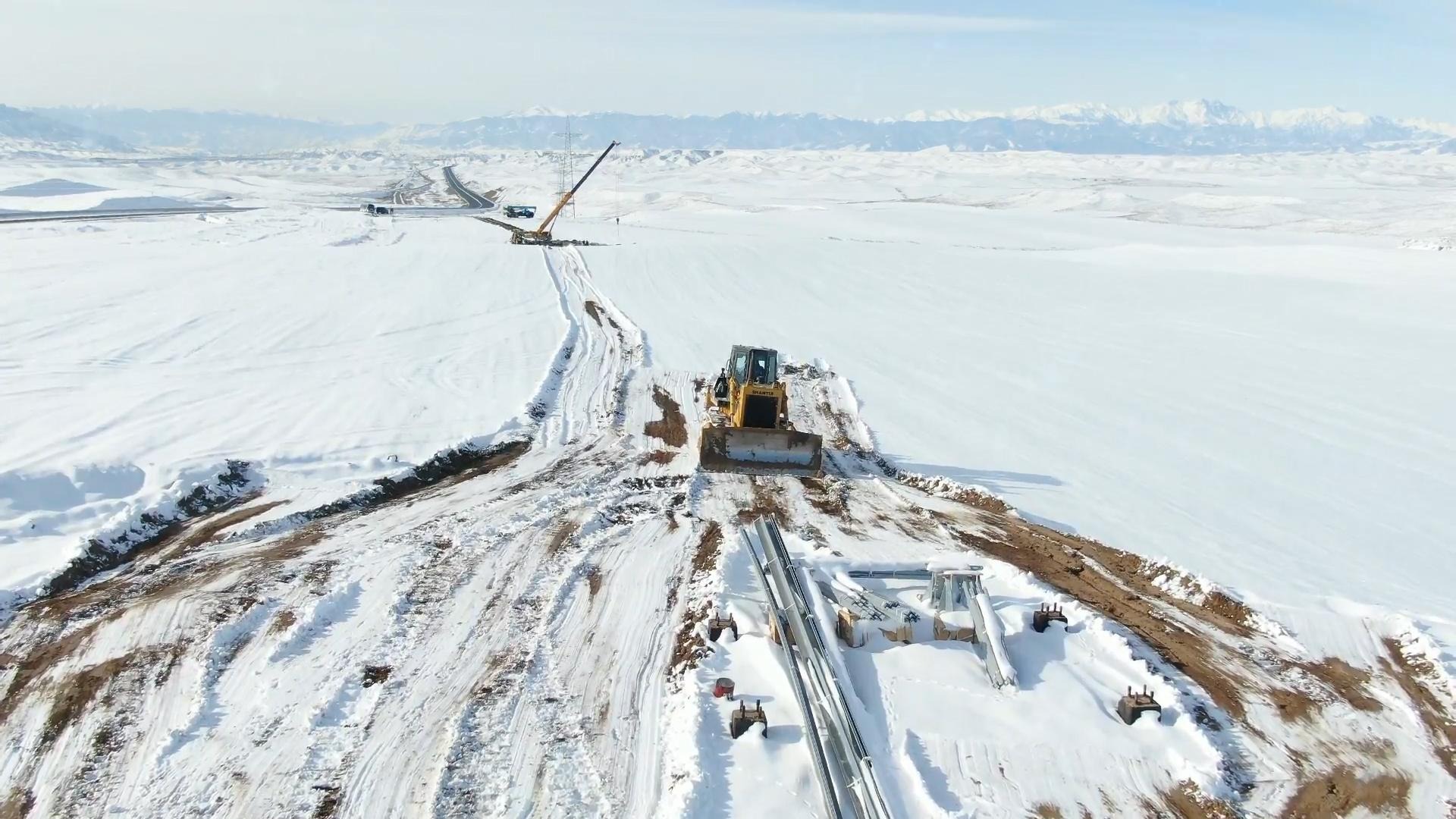JAVAKHETI–ANOTHER PROBLEM AREA IN GEORGIA?
JAVAKHETI–ANOTHER PROBLEM AREA IN GEORGIA?
In recent weeks, some ethnic Armenian residents in Georgia’s Javakheti province have been holding street rallies demanding an autonomous status in relation to the central government. This demand is not new, but recurrent, tending to surface during periods of tension within Georgia, such as has recently been the case over the Pankisi Gorge. Thus far, Georgia has managed–with support from official Yerevan–to avoid the emergence of another Abkhazia- or South Ossetia-like situation in Javakheti. The province, however, continues to pose uniquely difficult problems and challenges to Tbilisi.
Javakheti consists of four districts, two of which–Akhalkalaki and Ninotsminda–have Armenian majority populations. This mountainous region is arguably Georgia’s poorest, its Soviet infrastructure in deeper ruin than elsewhere in Georgia, and its unemployment rate at record-high levels. Physically almost isolated from the rest of Georgia by its degraded roads, Javakheti abuts partly on Turkey and partly on Armenia, is culturally oriented toward Armenia and receives electricity from there. In Javakheti’s Armenian-inhabited localities, the Georgian language is seldom used or taught in schools. Georgia’s national currency, the lari, has almost no circulation in Javakheti. Armenia’s dram and the Russian ruble are the everyday currencies.
Pro-autonomy sentiment is centered in the town of Akhalkalaki, largest in the province and host to a large Russian military base. Georgia seeks to rid itself of this and other Russian bases. The local Armenians and the Russian base have, however, developed a symbiotic relationship, rooted both in economics and in the Armenians’ perception of their national interests. The base–in fact a network of installations centered on Akhalkalaki–is the area’s number one employer, the primary recipient of local goods and services and the chief source of cash payments far and wide.
Javakheti Armenian political activists, moreover, profess to fear attack from neighboring Turkey and to require Russian military protection. For these reasons, some local Armenian activists warn that they would organize human cordons to block the roads were Russian forces to begin withdrawing.
The activists also voice suspicion regarding Georgia’s close relations with Turkey. They therefore oppose a pet Georgian-Turkish project, the Kars-Tbilisi railway line, which could substantially boost trade between the two countries, and which would have to cross Javakheti. Some local Armenian activists are telling the press in all seriousness that the railway would, first, wipe out Armenian traditional customs and culture, and, second, be used by Ankara as a pretext for introducing its troops and ultimately attaching the region to Turkey.
The government in Yerevan does not encourage the pro-autonomy movement in Javakheti. Armenia has a vital interest in a stable and friendly Georgia, because the country sits astride Armenia’s main communication lines with the outside world. On the other hand, the Armenian Revolutionary Federation (ARF)-Dashnaksutiun, in the diaspora and in Armenia itself, does encourage the pro-autonomy demands of Javakheti Armenians. In Yerevan, the ARF’s top leaders Armen Rustamian and Vahan Hovhanissian have recently proposed that Armenia urge Georgia to change the constitution and create an autonomous region in Javakheti, in the framework of a federalized Georgia (Roundup based on recent reporting by Azg, Armenpress, Mediamax, Prime-News).
REARGUARD MANEUVERS AGAINST U.S. MILITARY PRESENCE IN KYRGYZSTAN.


